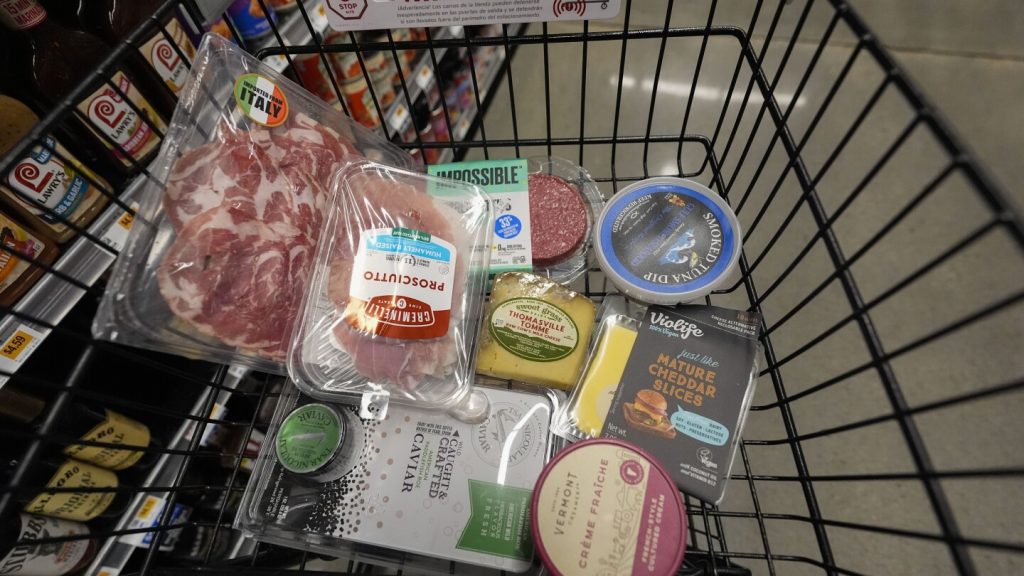Plastic pollution is a growing concern for the environment, with Earth Day highlighting the need to reduce plastic waste for the sake of human and planetary health. As plastic production continues to increase globally, the majority of plastic is made from fossil fuels and chemicals, creating a demand that benefits oil and gas companies. Less than 10% of plastic is recycled, with most of it ending up buried, burned, or dumped, leading to millions of tons of plastic entering the ocean each year.
Advocates like Judith Enck, a former EPA regional administrator, are calling for a shift away from single-use plastics in everyday products. Enck encourages consumers to make small changes, such as using reusable shopping bags and opting for products in glass containers instead of plastic. By making conscious choices at the grocery store, individuals can reduce their plastic consumption and create a demand for more sustainable packaging options. Enck also emphasizes the importance of composting at home and recycling paper, cardboard, glass, and metal.
While it may be challenging to completely avoid plastic packaging, there are steps that shoppers can take to minimize their impact. Using reusable cloth produce bags, buying loose produce items, and avoiding plastic packaging where possible are all ways to reduce plastic waste. Enck suggests finding alternative uses for plastic bags, such as using them for pet waste disposal, and opting for products in recyclable packaging like cardboard or glass. By focusing on the items they buy most often, consumers can make a significant impact on reducing plastic waste.
In some areas, progress has been made in reducing plastic packaging, particularly in household goods and beverage aisles. Concentrated detergents and powdered soaps in cardboard boxes offer alternatives to plastic containers, and recycling options are more accessible for glass, metal, and paper products. Enck believes that passing strong packaging laws at the state or national level could encourage companies to prioritize sustainable packaging solutions and increase recycling rates. Without new legislation, voluntary efforts by companies may fall short in addressing the plastic pollution crisis.
The global effort to combat plastic pollution is evident in ongoing negotiations for a treaty to address escalating levels of plastic waste. Thousands of representatives from nations around the world are meeting to discuss ways to reduce plastic pollution and protect the environment. By raising awareness about the impact of plastic on human health and the planet, advocates hope to inspire individuals to make more conscious choices and support policies that promote sustainable alternatives to plastic packaging.urgency of the situation and the need for collective action to address the plastic pollution crisis.


